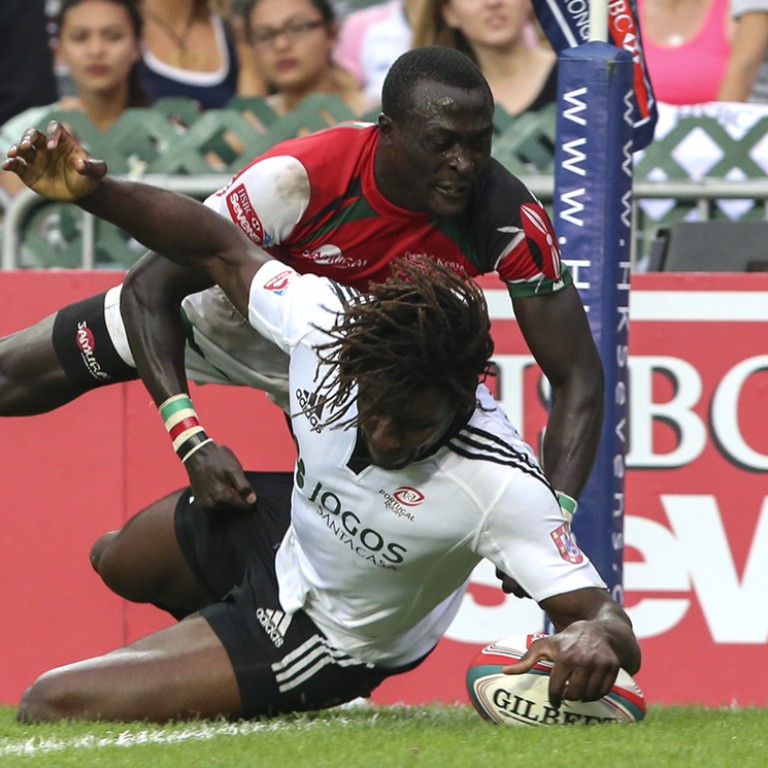
Hong Kong rises above reports of ‘problem’ doping in UK rugby
A report in a UK newspaper this week highlighted the growing drug problems facing rugby, prompting me to ask officials here if the Hong Kong game was squeaky clean. Of course the answer was in the affirmative.
A report in a UK newspaper this week highlighted the growing drug problems facing rugby, prompting me to ask officials here if the Hong Kong game was squeaky clean.
Of course the answer was in the affirmative. There have been no cases made public and it seems the Hong Kong Rugby Football Union is taking all steps to ensure it stays that way.
In today’s world of professional rugby, where playing at a high level can be a real money-spinner, players are by necessity tempted to bulk up to gain that vital edge. But this can’t be achieved overnight just by eating healthily and doing umpteen bench presses at the gym.

Among the many interesting facts mentioned in the article was one that revealed that the England U18s side last year weighed over two pounds (1kg) per man more than the England U18s who lost to Australia in the World Cup final in 1991.
It is no secret that the modern player is bigger and stronger than those who played before the game turned professional in 1995. We can see it even in Hong Kong. Just look at our “ripped” sevens stars from the Hong Kong Sports Institute elite programme.
Thankfully those abs come from a lot of hard work in the gym.
Lucy Clarke, the HKRFU’s medical manager, has revealed that the HKSI scholarship athletes are regularly tested, both in and out of competition, as part of the regulations laid down by the Hong Kong Olympic Committee.
In addition, the Hong Kong Anti-Doping Committee runs random testing during the league season on all high-performance players. And when Hong Kong’s national squads take part in international tournaments, such as the Sevens World Series and the Junior World Rugby Trophy, they are subject to testing by World Rugby officials.
The HKRFU also reaches out to the community to educate players on the folly of using drugs. The International Youth Tournament every March provides an opportunity to reach out the younger generation and at next month’s Super Saturday (January 17) the Hong Kong Premiership will educate is players.
The HKRFU has, it seems, taken all the necessary steps to ensure our game remains clean, but further afield rugby union has a problem.
A recent study of 52 South African schoolboy players returned 12 positive tests for anabolic steroids, according to that same Mail on Sunday report. It also said that former French prop Laurent Benezech claimed he was given the banned substance cortisone during the 1995 World Cup.
With the next edition of the showpiece tournament just around the corner, one has to wonder how many more Benezeches are out there?
With the economic stakes so high these days, it is easy for players to give in to temptation and rely on drugs to bulk up quickly, and also to speed their recovery from injury.
In Hong Kong we must continue to educate our youth and the masses about the dangers of drug abuse.
Rugby in Hong Kong is still largely an amateur sport, but things are changing as we look to improve our game. And as we become more professional, we must be more alert to the pitfalls that accompany such progress. Just look at the UK.

